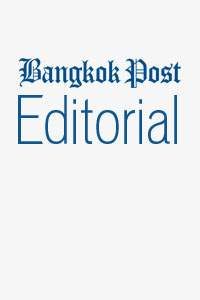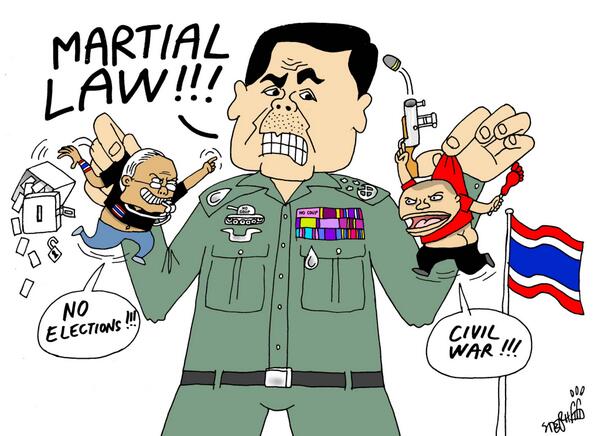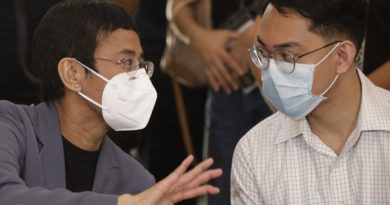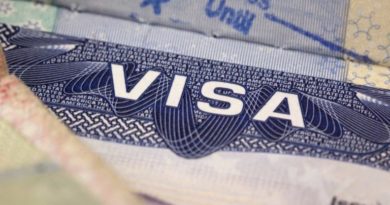Admit errors
Admit errors, cure the ills
.

And the future is still bleak, even though Thailand has made the transition back to a democracy, thanks to continued political instability brought about by a weak coalition government led by Gen Prayut Chan-o-cha himself and the application of the same selection of economic policies.
When Gen Prayut staged the coup in 2014, the country’s economy was already in bad shape due to earlier political unrest.
The coup just worsened it, placing the country “at risk of inheriting the sick-man tag” from the Philippines, as some observers put it.
Five years on, despite an economic recovery, Thailand remains the sick man of Southeast Asia and the coup leader has no cure for the ailing economy, according to the latest research by FT Confidential Research, an independent research service of the Financial Times, released on Tuesday.
.
ADS by Cloud 9:
.
– SPACE RESERVE FOR YOUR ADVERTISEMENT –

–THIS SPACE BELOW IS RESERVE FOR YOUR ADVERTISEMENT –
.
The research says Gen Prayut’s military regime has done little to mend the foundering economy despite giving itself sweeping powers to rule.
It points out that the country’s GDP growth since 2014 has been much slower than that of Indonesia, Myanmar, the Philippines and Vietnam.
The low growth is driven by persistent weakness in exports and in private consumption which have been continuously declining. Public debt has also been rising steadily as the military government has financed its populist schemes.
This objective and data-driven research may not be music to the ears of Gen Prayut, his economic czars and his political supporters. But it would be delusional if they did not accept that the military regime has failed to restore political stability or boost the economy significantly.
What is more worrying is the already bleak economic outlook will become worse in upcoming quarters. The Bank of Thailand this week lowered exports to flat growth this year from 3% predicted earlier and also slashed GDP growth to 3.3% from 3.8%.
Deputy Prime Minister Somkid Jatusripitak, Gen Prayut’s economic czar, said the new government will mostly rely on the same policies to shore up the economy and help GDP grow “at a faster pace” in the latter half of the year.
It plans to continue the state welfare card scheme and has set aside a 100-billion-baht budget to finance it. It will also rely on infrastructure investment to boost growth even though it will take time for many mega-projects to yield results.
And while its economic model has not proved a success, the military regime’s redesign of the country’s electoral and political systems has given birth to a weak and unstable coalition government comprising 19 parties.
Power sharing among many parties also means that the formation of the government’s economic team has less to do with putting the right men in the right job to counter pressing economic conditions and more the need to please the coalition parties.
Uncertainty brought about by the new political system will thus do the economy more harm than good.
Unless Gen Prayut and his economic team admit the military regime’s shortcomings on both the political and economic fronts, it will be very hard for the new government to find the right prescription to cure the ailing economy.
EDITORIAL
BANGKOK POST EDITORIAL COLUMN
.
ADS by Cloud 9:
.
– SPACE RESERVE FOR YOUR ADVERTISEMENT –

–THIS SPACE BELOW IS RESERVE FOR YOUR ADVERTISEMENT –

All photographs, news, editorials, opinions, information, data, others have been taken from the Internet ..aseanews.net | [email protected] |.For comments, Email to :D’Equalizer | [email protected] | Contributor









